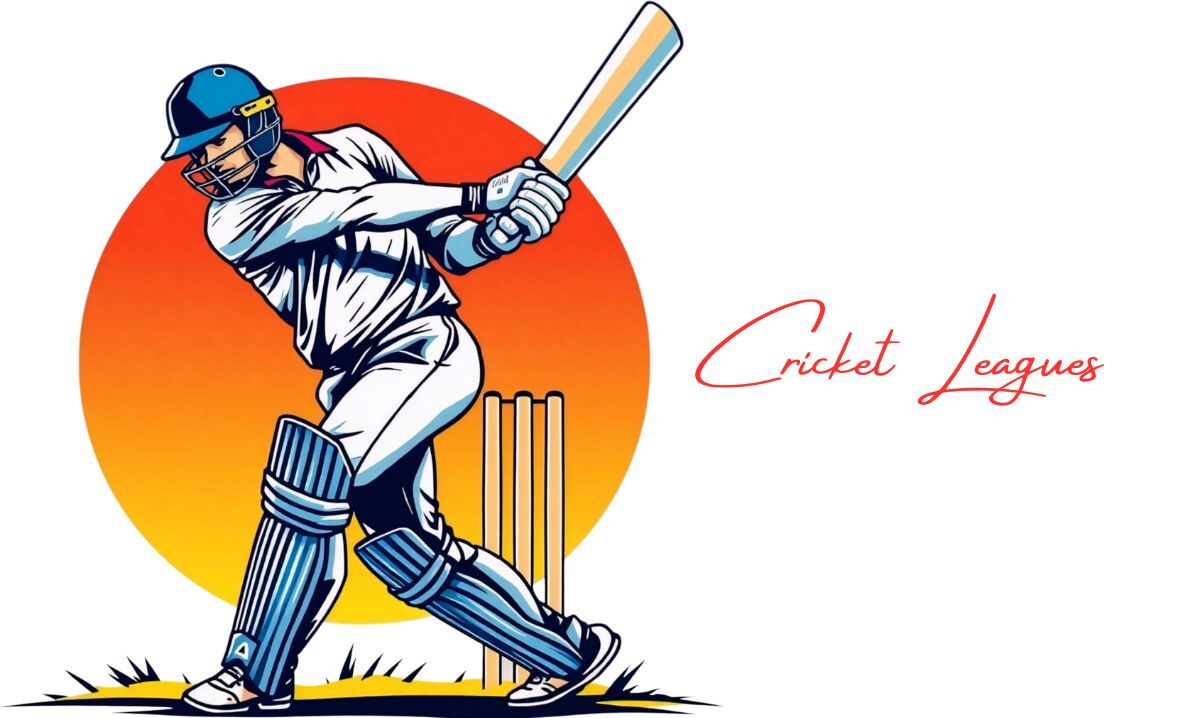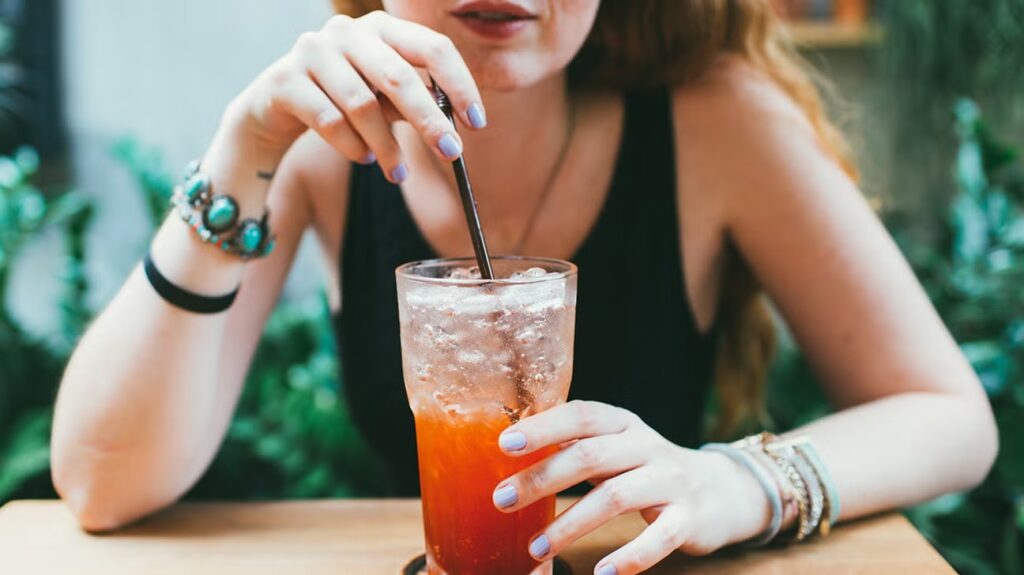We should drink at least 1.5 liters a day. But the amount alone is not enough. What we drink is also crucial: you should avoid these eight drinks – we’ll show you better alternatives. And you will find out which drink is perfect when playing Dragon Slots.
Drinking enough is important. But all too often we reach for drinks that are not suitable for quenching our thirst. In this article, you can find out which drinks these are and which alternatives are better.
Our List
1. better not to drink: energy drinks
Energy drinks are popular: they wake you up and taste sweet. But you should avoid these drinks – because energy drinks can cause health problems.
Energy drinks contain a lot of sugar
Energy drinks contain a lot of sugar: a large can (0.5 liters) contains 50 to 60 grams of sugar. If you drink one can a day, you have already consumed the maximum recommended amount of sugar per day. There are also sugar-free alternatives, but the sugar substitutes and sweeteners added to sweeten them pose other health risks (more on this in the section on light drinks).
Energy drinks have a high caffeine content
In addition to sugar, energy drinks contain many additives and caffeine: many of the drinks contain the legally permitted maximum amount of caffeine of 32 milligrams per 100 milliliters. A warning must appear on the packaging if the caffeine content exceeds 15 milligrams per 100 milliliters.
A can of energy drink contains about as much caffeine as coffee – that doesn’t sound problematic at first. However, if larger quantities are consumed or energy drinks are combined with alcohol, side effects such as impaired perception or cardiac arrhythmia can occur. The BfR therefore warns against excessive consumption of energy drinks. The consumer advice centers are even calling for a ban on sales to minors. Öko-Test recently found not only too much sugar, but also the harmful substance BPA in the drinks.
Better: energy drinks are among the drinks you should avoid. An alternative is good old coffee – it’s not as unhealthy as many people think. And black tea, green tea, mate or ginger shots also help you to feel alert and fit.
2. lemonades and soft drinks
Lemonades and soft drinks are among the drinks you should avoid. This is also clearly stated by the German Nutrition Society. The reason is the high sugar and energy content of the products. With just a few glasses of soda, you have already consumed the recommended maximum amount of sugar without really noticing it.
Better: If you want a sweet drink from time to time, homemade lemonades are more advisable: you can decide for yourself which ingredients you want to use and how high the sugar content should be.
3. better not to drink: light drinks
You might think that light drinks are the solution if you like to drink sweets. But unfortunately, light drinks are also among the drinks you should avoid.
Instead of sugar, light products contain sweeteners, which are repeatedly criticized: In some cases, there are side effects such as abdominal pain or diarrhea, the appetite-stimulating effect of some substances is being discussed and risks such as damage to the intestinal flora and a potential cancer risk have not yet been conclusively researched. Although there is a maximum amount classified as safe for each individual substance, we still recommend avoiding drinks with sweeteners as a precaution.
4. avoid flavored water as a drink
Flavored water products are regularly advertised on Instagram and Tiktok: syrups, flavor drops, powders or brew drops are supposed to transform boring-tasting water into a delicious drink. However, Hanna Zeyßig from the consumer advice center takes a critical view of flavored water: “Drinking more water is good, but with flavored water there is a chance that you will get used to a lot of sweetness and artificial flavors.” This is because many of the products contain sweeteners.
Many manufacturers also advertise vitamin supplements: However, the NRW consumer advice center sees this more as a marketing tool than an actual health benefit. They complain that the vitamin supplements are arbitrary and not well thought out: in some cases, recommended maximum daily amounts are even exceeded.



